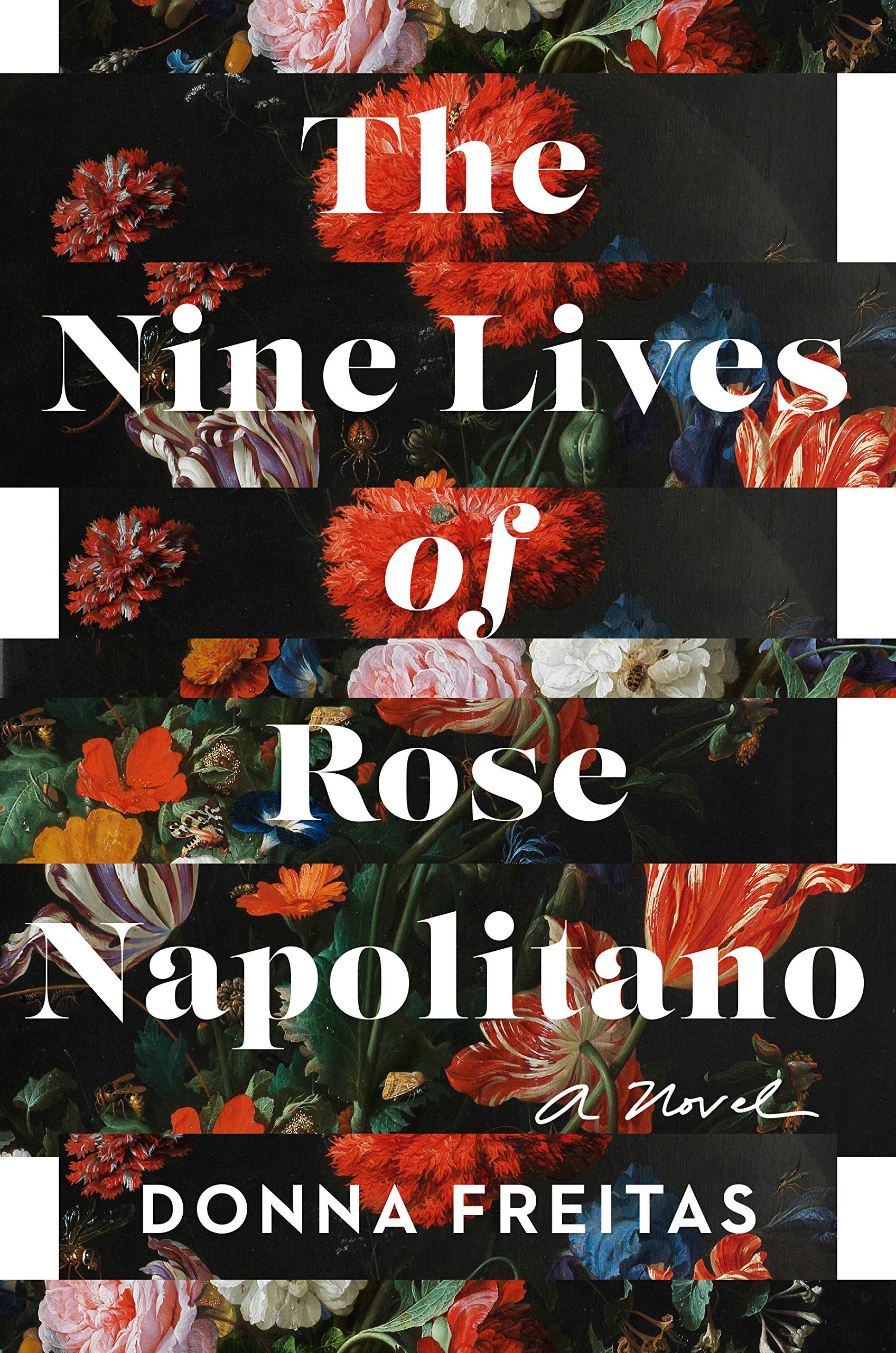Earlier this summer, I read You Are One Of Them, by Elliott Holt (reviewed here). I really enjoyed it, and got in touch with Holt to see if she’d be willing to do a Q&A on EDIWTB. She agreed, and gave me some excellent answers to my questions. It was a very satisfying Q&A – thanks so much to Elliott Holt for taking the time to respond to my questions!
Q: I have a theory that some authors deliberately set their books in extremely remote settings or earlier time periods in part so that social media and technology won’t play a role in their characters’ lives. Do you think that the hyperconnected-ness of today’s society, and the fact that many of us communicate not by words or actions but by texts, posts, and tweets, has complicated modern fiction?
It’s true that technology has changed the way we communicate and those changes are starting to infiltrate literature. (I’ve read quite a few novels featuring email, for example.) I don’t think that technology has complicated fiction, but there are certain plots that would no longer work. (Nowadays, if a bad guy cuts the phone line in a horror story, the potential victim could just call the police from her cell phone.) But even with all these new ways to connect, we humans still fail to communicate sometimes. And the tension between what we say and what we mean is still rich material for fiction to explore. There’s still subtext and longing. There will always be subtext and longing.
Q. You basically nailed my middle school experience in You Are One Of Them (minus the friend who went to Russia). What is it about that time of life that provides such fertile ground for fiction?
I think that a lot of what girls experience between the ages of 10 and 13 is universal. No matter where you grow up or go to school, you’re dealing with a lot of the same issues: puberty and cliques, the need to belong and the struggle to define yourself. That age is full of conflict (internal and external). And conflict is essential for fiction!
Q. The ending of You Are One Of Them is a bit controversial, because it could go one of two ways. Do you have a strong opinion about which way it goes?
Was it all a brilliant con created by Svetlana? Or was Sarah’s best friend really a defector? I know the answer. As the author, I had to decide. I know what happens in the end. But this book is a character study of the narrator, Sarah. And Sarah decides to finally let go of her obsession with her friend and to let go of the paranoid “us versus them” Cold War mindset. So although the surface mystery is not fully resolved (though there are plenty of clues), the book still has resolution in terms of Sarah’s character. And the book is about the way we believe what we need to believe, so readers can choose to believe what they want.
Q. I loved your descriptions of Russia in 1995. I was there for the first time two years ago and found some similarities with your 1995 descriptions – no one smiling, for example. When is the last time you lived in Russia, and does it differ much from the Russia Sarah visits in search of Jenny?
I first visited Russia in 1993, then went there again in 1996. Then I lived there from 1997-1999. I haven’t been there since 2000, though I’m dying to go back. I love Moscow. It’s an amazing city. I know it’s changed a lot since I lived there in the 1990s, but I’m sure there are some fundamental aspects of Russian culture that will never change.
Q. I read an interview in which you said that “there seems to be nostalgia for the Cold War, which is probably about longing for a time when our enemy was easy to place”. I remember the gloomy Cold War 80s, with the threat of nuclear war and the nightmares that came from watching “The Day After”. Do you think we live in a scarier time today?
I don’t know if it’s scarier, but it’s scary in different ways. When I was a kid, my peers and I were really worried about nuclear war. Now I worry about chemical warfare and about cyber warfare. And about various doomsday scenarios involving global warming. There’s always something to worry about if you’re the worrying kind.
Q. I am amazed that You Are One of Them is a debut novel. When can we expect something new from you, and what will it be about?
I’m very superstitious, so I never talk about what I’m working on. I’m writing a couple of short stories right now–I love short fiction–and then I’ll get back into the next novel. I wish I could tell you when the next book will be done, but these things are hard to predict!










About Me
I have been blogging about books here at Everyday I Write the Book since 2006. I love to read, and I love to talk about books and what other people are reading.